Knobcon 2024: Michigan Synth Works MSW-830 is a new monophonic analog Synthesizer that extends the concept of the Roland CMU-810.
Three years ago, I reported on the Michigan Synth Works MSW-810. It’s an authentic clone/replica of the pretty unknown Roland CMU-810 analog Synthesizer for around 420€+ fees.
In 2024, the journey continues with an extended version of the Roland CMU-810 Synthesizer. At Knobcon 2024, Michigan Synth Works showcased the MSW-830, the big brother of the MSW-810.
Michigan Synth Works MSW-830
The MSW-810 is an on-point clone/replica of the original Roland CMU-810. The new MSW-830 moves a bit away from this but follows the same spirit by extending the feature set massively.
The core and concept are still based on the CMU-810. You can see this in the lovely fader interface, which merges the layouts of the MC-202 and SH-101 into one, just like the Roland unit did.
Michigan Synth Works MSW-830 features three AS3340-based oscillators, two more than the original, with a range of 16’/8’/4’/2′. They offer PWM, frequency modulation (FM), and various sync options (OSC 2 to OSC1 and 3 to 1 or 2).
Each oscillator has its own independent source mixer, allowing you to mix the different waveforms (square/saw/PWM) together. Plus, mixer 1 has a sub-oscillator derived from OSC1 with different settings: 1-oct down, 2-oct down, 2-oct down 75%, and digital waveforms.
Mixer 2 offers a noise generator, while mixer 3 can feed in an external input that is normalled to post filter feedback. For extra warmth, it has a built-in drive that can be modulated.
Filtering
Then, it goes into an extended filter section based on the AS3109 filter chip. It’s a clone of the IR3109 found on vintage Roland synths, like Jupiter, Juno, SH-101, and others. Four modes are available: 4-pole lowpass (LP4), 4-pole bandpass (BP4), 3-pole high-pass, and phase.
The section offers classic cutoff and resonance controls and hands-on assignments for the VCF modulation. It includes ADSR 2 depth, mod source switch, mod amount (2x), and key follow.
Also, the modulation engine benefits from a major feature upgrade compared to the original and clone. Where the original only had a single envelope, the new Michigan Synth Works MSW-830 gives you three envelopes: two analog ADSRs and a digital looping AD.
A single LFO is also a thing of the past. In the big brother of the MSW-810, you can find two LFOs, one analog original and a new feature-rich digital with various types, shapes, a reset option, and more.
If that’s not enough, the MSW-830 also hosts a multimode digital modulator section can be an envelope follower (external in), a low-frequency noise, chaos generator, and more.
Further, you can find a switch for setting up the output VCA control configuration: AD, ADSR 1, ADSR 1 + external in envelope follower or gate.
Connectivity
Michigan Synth Works hasn’t skimped on I/O in its new synth development. The back has a 1/4″ TS main output, a headphone stereo out, and a TS 3.5mm external input. CV/gate/mod inputs are also onboard.
There is also full 5-pin MIDI I/O connectivity with control of note, gate, velocity, and pitch bend, plus a USB-C port. It seems as if the sequencer from the MSW-810 has been left out here, which is a bit of a shame.
Michigan Synth Works MSW-830 First Impression
At first glance, it is a lovely analog synth with a very hands-on design. I like the idea of taking the fader concept of the odd CMU-810 and building a fully-fledged synth out of it.
From the first demos and the Jorb Knobcon video, the MSW-830 sounds very good. If they stick to the price tag of +/- $800, then it could be a very interesting release.
An official price for the Michigan Synth Works is unknown, but the target is around $800, and a release is planned for Autumn/Winter 2024.
More information here: Michigan Synth Works
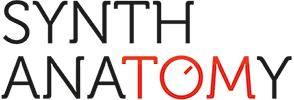
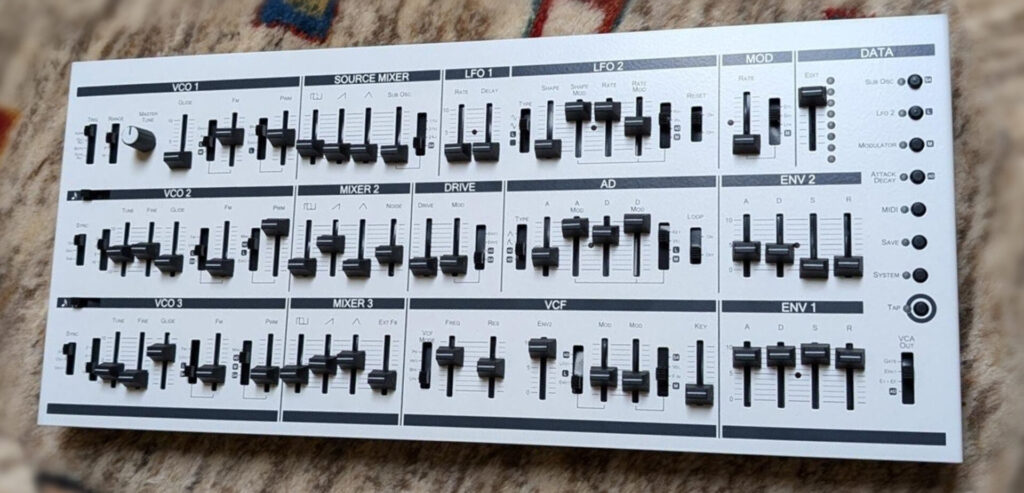
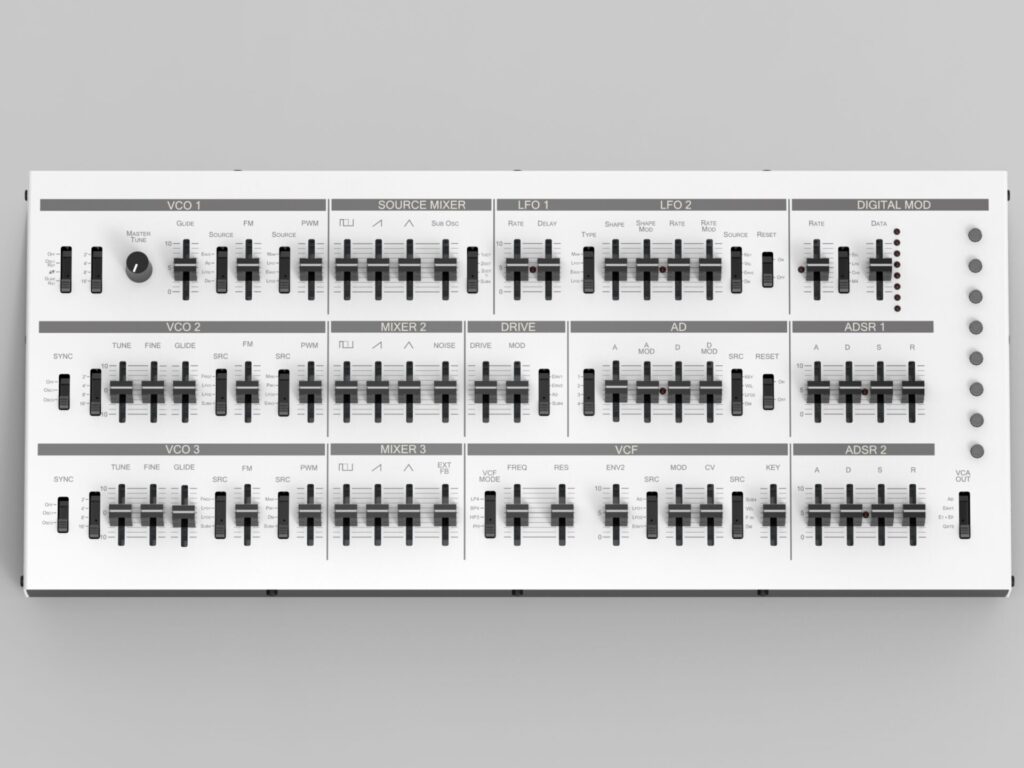
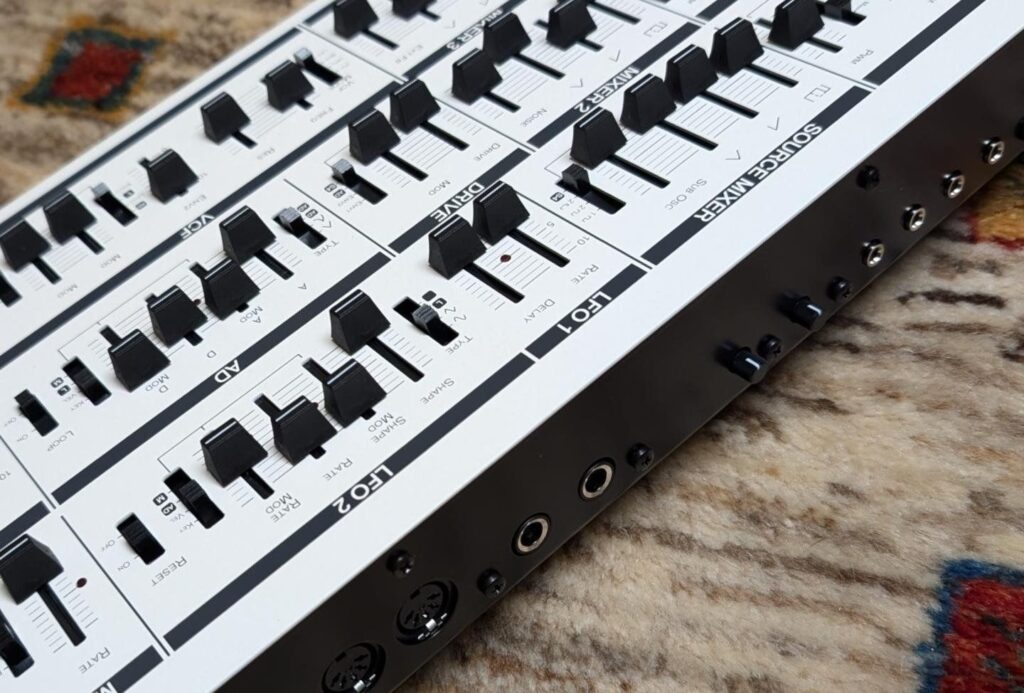
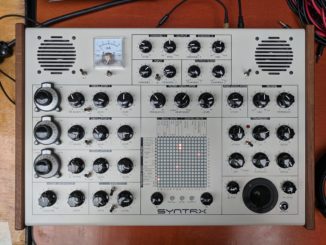
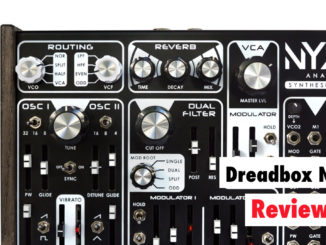
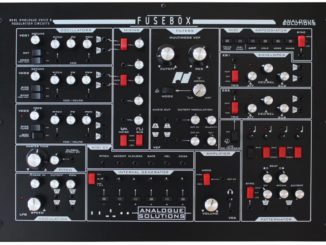
Be the first to comment